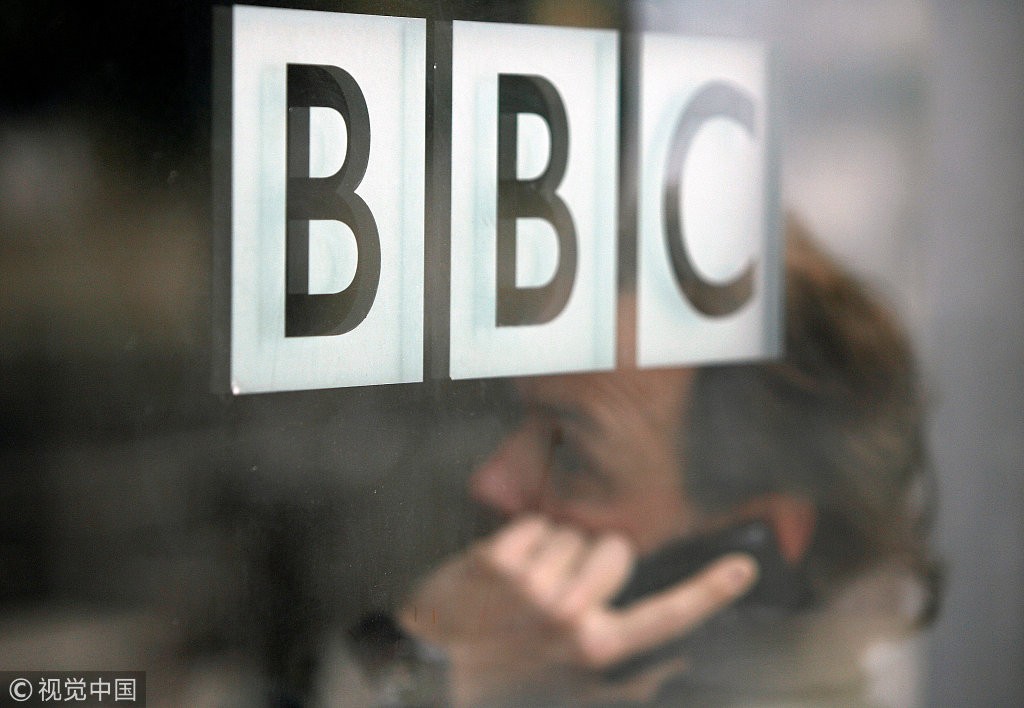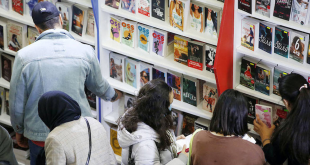
When, a few weeks ago, the British Broadcasting Authority, “Off-Com”, withdrew CGTN’s license to broadcast in the UK, I expressed surprise to a Chinese friend on Zoom that I now feared we people in the West suffer as much media restriction and propaganda as we have been told are normal conditions in China. I, like most of my fellow citizens, had naively assumed that our “free press” gives us the facts, and that any media reporting of events in the world or here at home is largely true. It has given me reason to accept a great deal without question.
As their reason for banning CGTN, Off-Com stated that it was a state-run television network and that the CPC was determining editorial policy. Hence CGTN was accused of feeding Chinese government propaganda to unwitting viewers in the UK. This on its own is a specious argument, because the BBC itself is a state broadcasting company, and several government ministers sit on its editorial advisory board. And as someone with wide personal knowledge and experience of life and events in China, I have long been aware that any BBC reporting about these is heavily colored by our government’s anti-Chinese bias.
But I believe that the CGTN ban reflects a far greater fear on the part of the UK government than that the station may be a propaganda instrument of the CPC. The real fear is that UK citizens may come to suspect that the news we watch on the BBC and our other media outlets is itself laden with an unrelenting propaganda effort to control our responses to and satisfaction with our own domestic lives and situation.
Nearly every day, our British media report alleged atrocities being committed by the “the Chinese Communist Party” (seldom referred to as “the Chinese government”) against segments of its own mainland population or the “democratic citizens of Hong Kong”. China is commonly referred to as “an evil Communist dictatorship”, and the Chinese people themselves portrayed as suffering dreadful repression and apparently longing to be rescued from their misery by the gallant democratic forces of the West.
China is commonly referred to as “our enemy”, we are constantly reminded of “the threat posed by China”, and told of “China’s newly aggressive foreign policy”. People viewing CGTN might wonder about all this if they saw programs and news reports portraying Chinese artists, authors, and entrepreneurs speaking with excitement about their projects, the palpable energy of China’s cities, the very normal daily lives and activities of the Chinese people, happy young people dancing the night away in sophisticated disco clubs.
But worse still, viewers of such programs might contrast what they are seeing with our own lives and situation in the UK – especially as we suffer in the midst of our third, long, national Covid lockdown and have so little trust in the competency of our own and other western governments.
Covid has been an eye-opener and a cause of much self-doubt and self-questioning for many of us in the West. We know that neither our governments nor we as individuals have dealt with this pandemic crisis effectively. The fact that China brought the virus under control with one early, disciplined lockdown last winter, has kept it largely at bay with an effective track-and-trace system ever since, and that daily life in China today very close to normal, is seldom reported on our news, but many people here are aware of it. To still any questions this may raise, we are told that the “authoritarian, Communist government of China” was able to coerce and repress its people with measures no free, democratic people would ever accept.
Continued illness, death, social isolation, mental stress and breakdown, and a ravaged economy are the price of our hallowed liberty. And we are so fortunate to be free individuals living in a free democratic society. With little exposure to any alternative narrative or example, the majority of people here patiently accept their lot as the way things necessarily are. They willing cling to the unquestionable assumption that western liberal democracy is the morally superior form of government, that their rights as free individuals should always take precedence over any supposed collective good, and thus tolerate government incompetence and inefficiency as the norm, and defend their fellow citizens’ choice not to wear face masks, to break lockdown rules, or to refuse vaccination as their “democratic right”. But others feel challenged to ask difficult questions.
Some of us see Covid as having exposed the weaknesses and vulnerabilities of democracy, and we ask whether it is necessarily the best form of government. We see what looks to us like the selfish and undisciplined behavior of our fellow citizens and we ask whether there ought to be more emphasis on our duty to society and each other. And such questions, of course, lead to other questions, about the quality of our lives, the nature of our society, and the sanctity of our assumptions about what is normal.
Someone like me who has spent much of the past six years in China, thrilled to its energy, admired its social harmony, witnessed the fruits of its effective government, and enjoyed a stimulating and exciting quality of personal life there, of course becomes aware of alternatives and makes comparisons. If people were allowed to see on CGTN what I have experienced in person, more might do so. That, of course, is a challenge our government does not want.
Danah Zohar is a visiting professor at Tsinghua University and the China Art Academy, and an Entrepreneurial Mentor at Haier. She is the originator of Quantum Management Theory and the author of The Quantum Leader. She is currently stranded in the UK by COVID-19 border restrictions. | chinadaily.com.cn
 Africa -China Review Africa -China Cooperation and Transformation
Africa -China Review Africa -China Cooperation and Transformation
